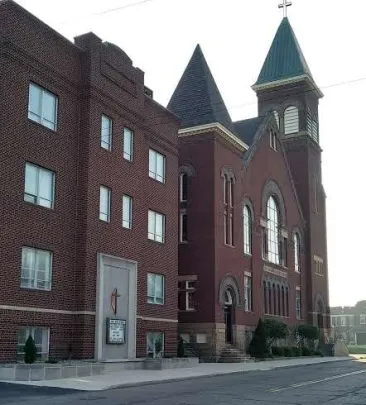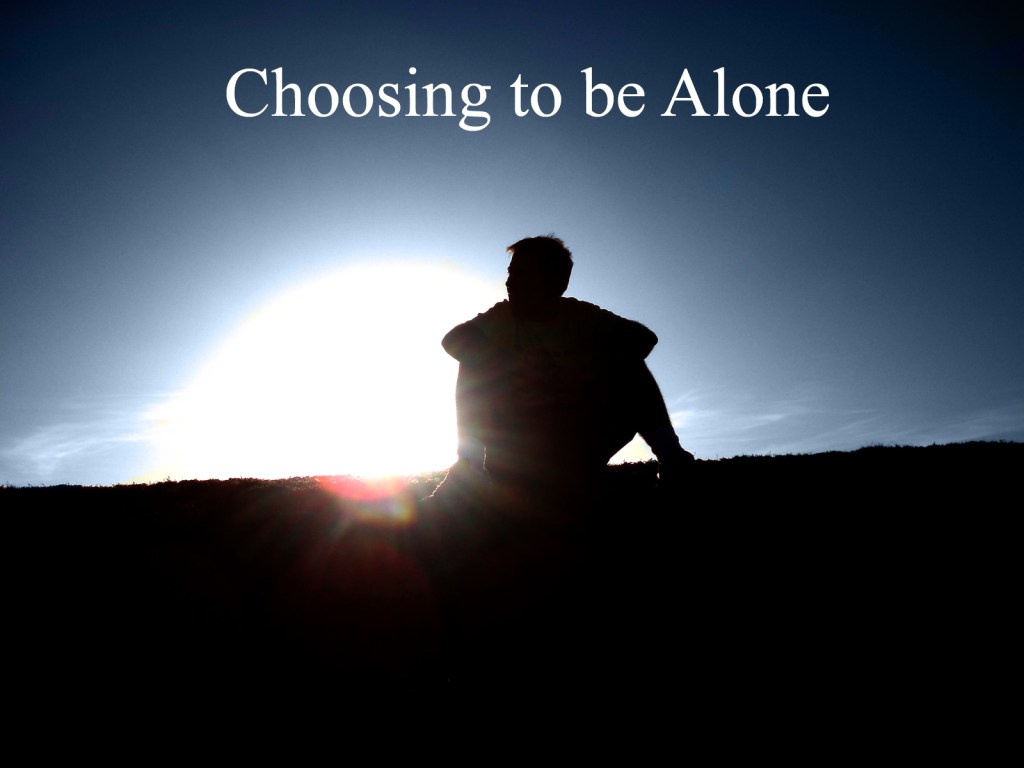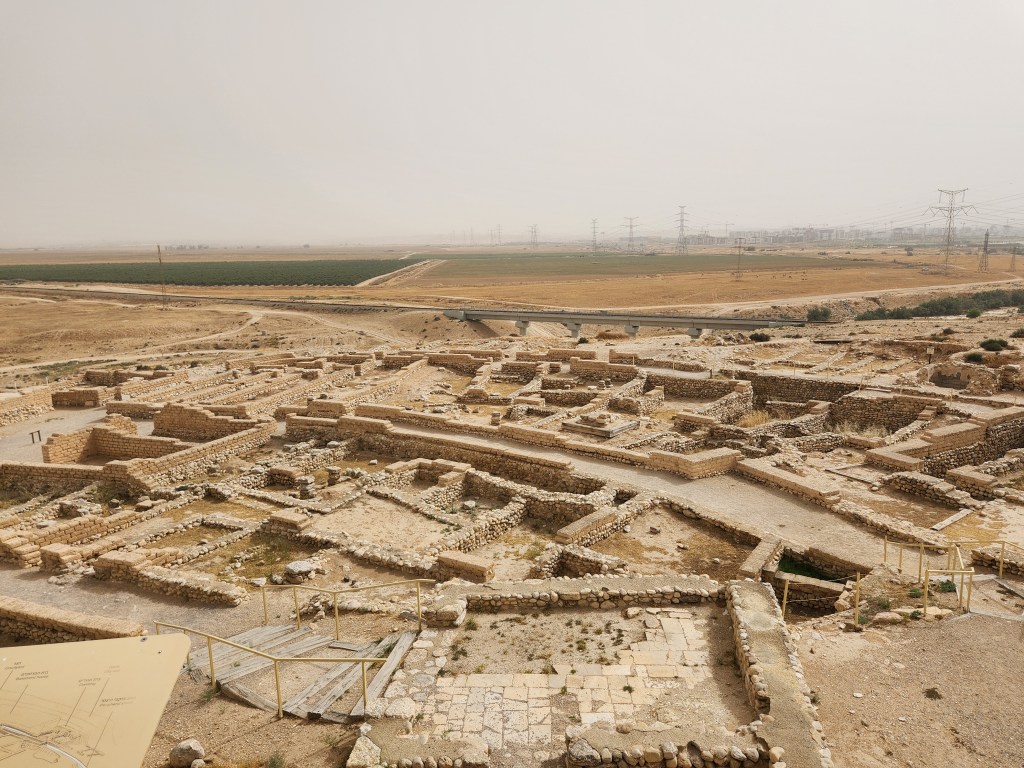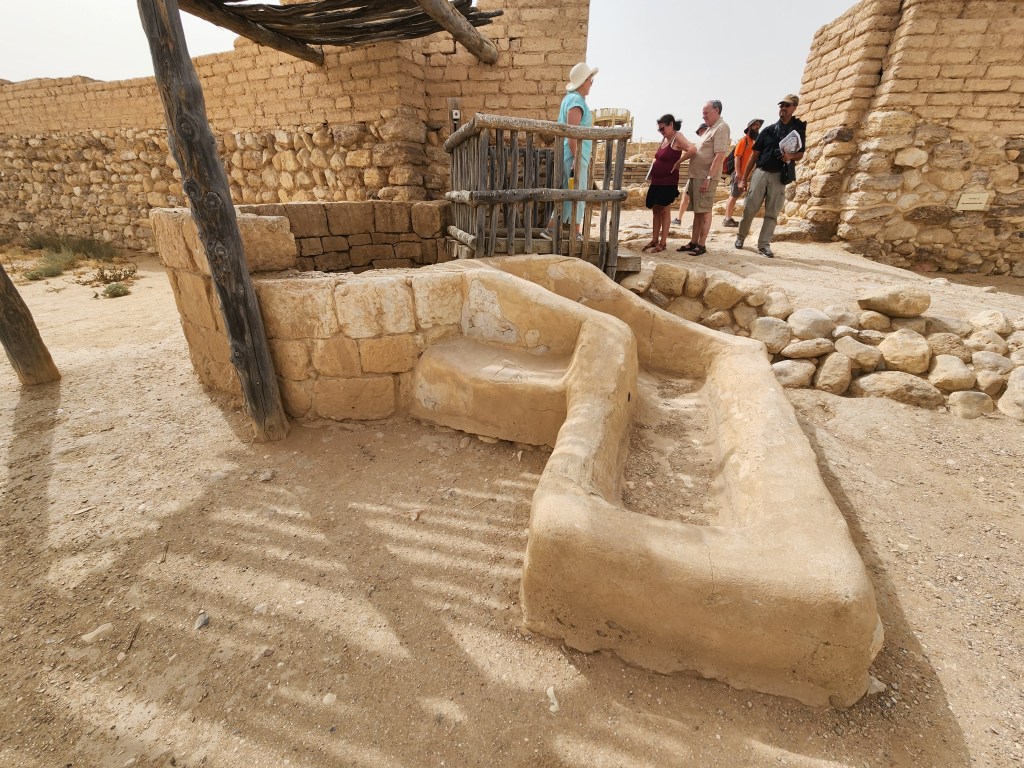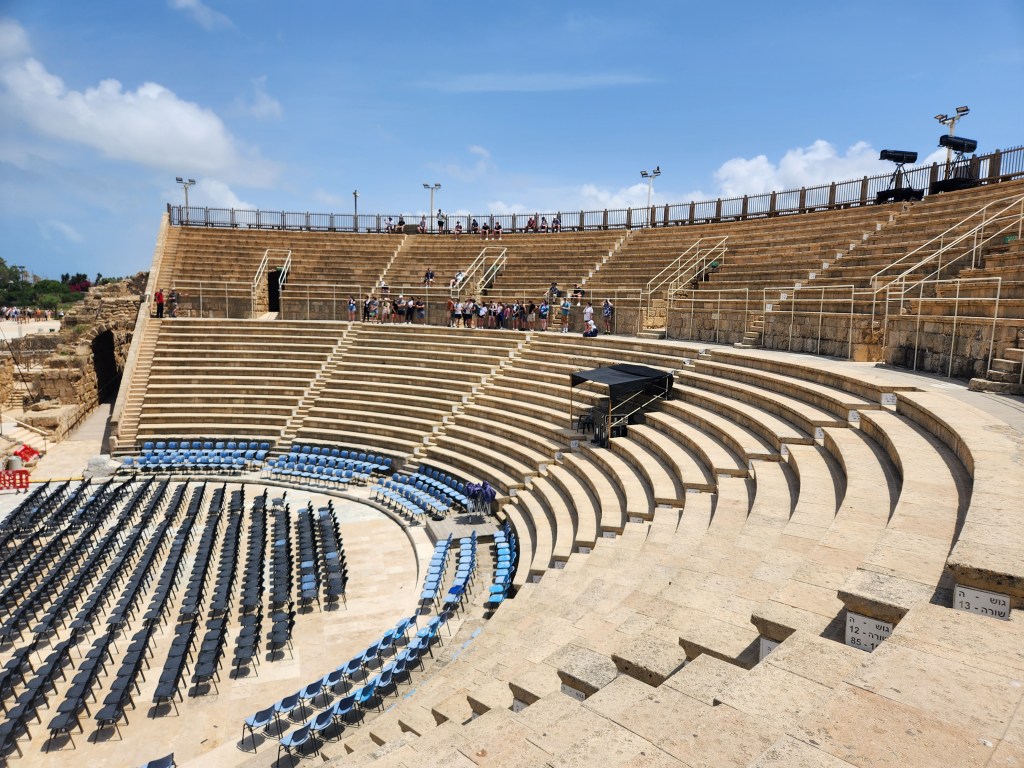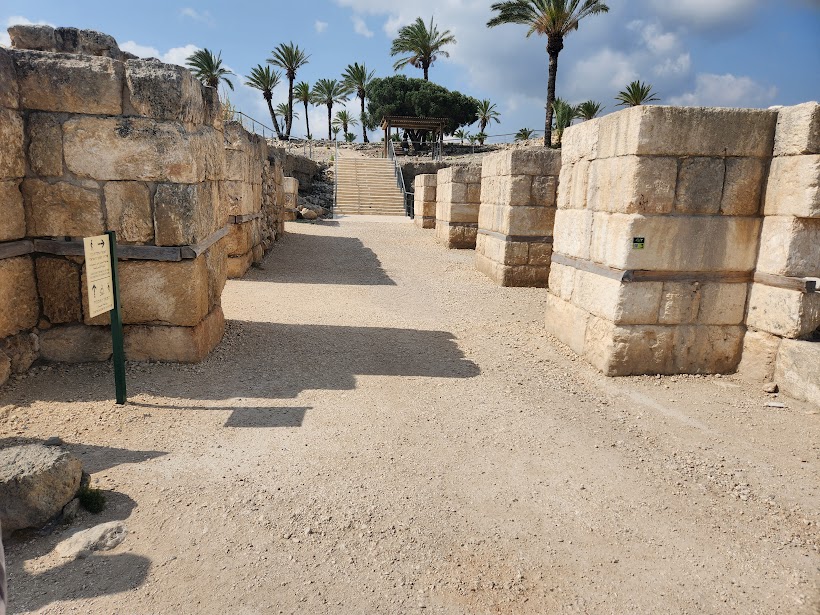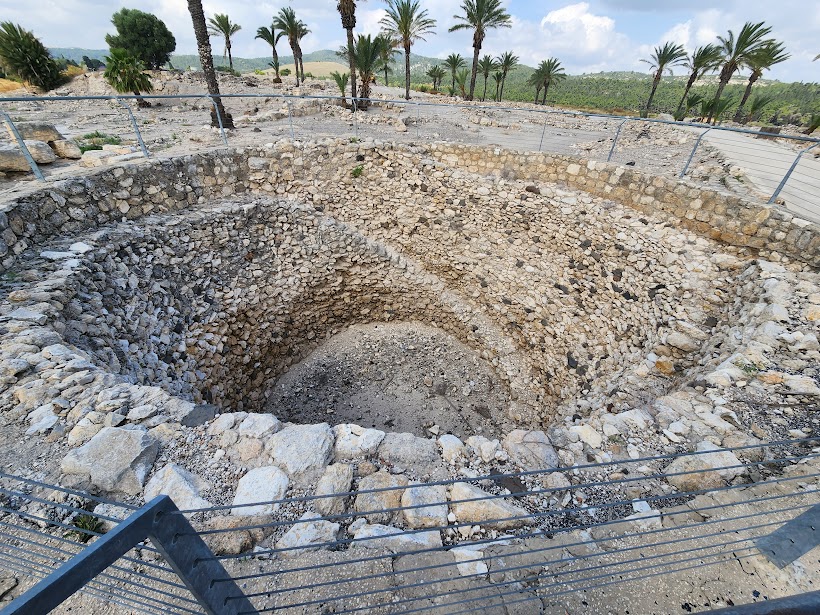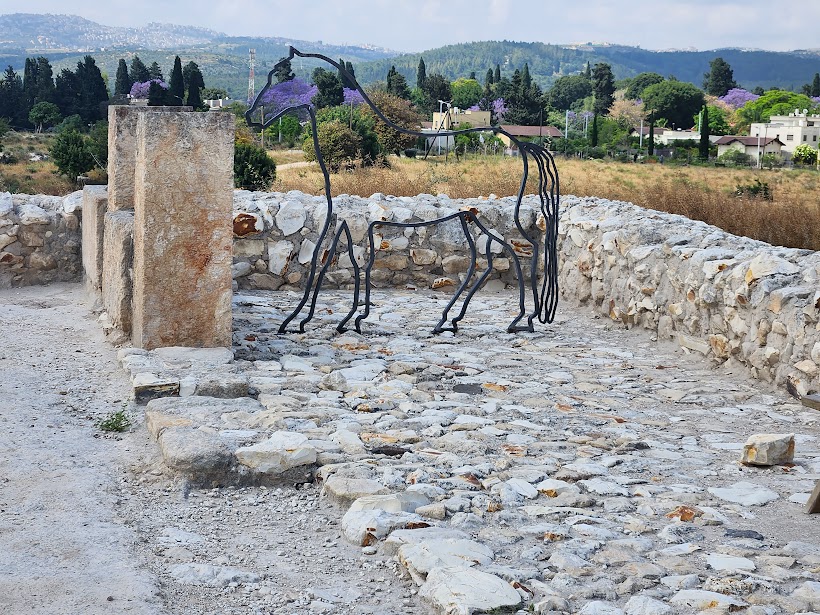Exodus 14:19-31 Matthew 18:21-35
I would guess that everyone here probably recalls the story in Luke chapter 14 in which Jesus challenges the crowd to count the cost of choosing to follow him and that choosing to do so means that they must take up their cross when they do. In that story, in Luke 14:28, Jesus says:
28“Suppose one of you wants to build a tower. Won’t you first sit down and estimate the cost to see if you have enough money to complete it? 29 For if you lay the foundation and are not able to finish it, everyone who sees it will ridicule you, 30 saying, ‘This person began to build and wasn’t able to finish.’
That’s simply good advice for a great many things. Before we go on vacation, we should have a good idea of what it’s going to cost and what we might spend on souvenirs, snacks, drinks, and other incidentals. Before we choose a college major, we should consider how much that education will cost and what kind of a career, and salary, is likely to come from that career.
But although Jesus saying “take up your cross” is the story that springs to mind when we think about counting the cost of following Jesus, it isn’t the only scripture in which counting the cost is an important part of God’s message to us as his followers. We begin this morning in Exodus 14:19-31 as the people of Israel flee from their abuse at the hands of the Egyptians, and escape across the Red Sea.
19 Then the angel of God, who had been traveling in front of Israel’s army, withdrew and went behind them. The pillar of cloud also moved from in front and stood behind them, 20 coming between the armies of Egypt and Israel. Throughout the night the cloud brought darkness to the one side and light to the other side; so, neither went near the other all night long.
21 Then Moses stretched out his hand over the sea, and all that night the Lord drove the sea back with a strong east wind and turned it into dry land. The waters were divided, 22 and the Israelites went through the sea on dry ground, with a wall of water on their right and on their left.
23 The Egyptians pursued them, and all Pharaoh’s horses and chariots and horsemen followed them into the sea. 24 During the last watch of the night the Lord looked down from the pillar of fire and cloud at the Egyptian army and threw it into confusion. 25 He jammed the wheels of their chariots so that they had difficulty driving. And the Egyptians said, “Let’s get away from the Israelites! The Lord is fighting for them against Egypt.”
26 Then the Lord said to Moses, “Stretch out your hand over the sea so that the waters may flow back over the Egyptians and their chariots and horsemen.” 27 Moses stretched out his hand over the sea, and at daybreak the sea went back to its place. The Egyptians were fleeing towardit, and the Lord swept them into the sea. 28 The water flowed back and covered the chariots and horsemen—the entire army of Pharaoh that had followed the Israelites into the sea. Not one of them survived.
29 But the Israelites went through the sea on dry ground, with a wall of water on their right and on their left. 30 That day the Lord saved Israel from the hands of the Egyptians, and Israel saw the Egyptians lying dead on the shore. 31 And when the Israelites saw the mighty hand of the Lord displayed against the Egyptians, the people feared the Lord and put their trust in him and in Moses his servant.
Remember that although Israel was enslaved to the Egyptians, they had lived there for eight hundred years and, other than Moses, who had lived in Midian for forty years, there was no one who had known anything other than a life in Egypt. Following Moses, even in pursuit of freedom, meant leaving behind everything that they had ever known other than the family and the faith that they took with them. In this reading, the account of the exodus says that the pillar of cloud came between the armies of Egypt and Israel, and we must understand that describing Israel at this point as an “army” is figuratively describing Israel’s size and nothing else. No one on the side of Israel, again except for Moses, had any training with weapons other than farm implements and the slings that shepherds used to drive off wild animals. Egypt brought an army of soldiers and warriors, but they faced an Israel that was little more than a rabble of untrained men, women, children, and farm animals that had fled with little organization into the night.
As they did on the night that they painted the blood of lambs on the doorposts of their homes, the people of Israel faced a choice as they stood on the shores of the Red Sea. They had chosen to follow Moses into the wilderness, but now they were faced with the first accounting of the choice that they had made. They realized that the cost of following Moses might just be death at the hands of the Egyptian army. But at that moment they witnessed the presence of God, physically present as a pillar of cloud and of fire, standing between them and the Egyptians. And during the night, God divides the sea and makes for them a place to walk across the bottom of the sea on dry ground. And after they had reached the other side, they witnessed the destruction of the army that that, only hours earlier, had filled them with fear.
Witnessing these events was a turning point for the people of Israel. Before they had chosen to pursue freedom from their cruel taskmasters and from slavery. But now they chose to worship God and to put their trust in him, and in his servant, Moses.
Considering how long some of us have been following him, sometimes we still wonder just how much it’s going to cost us to follow Jesus. I’m not kidding. Even the disciples, after spending years with Jesus, were still trying to find the boundaries and limits to the cost of discipleship. That’s exactly what we see happening as Peter asks Jesus a question that has become famous in Matthew 18:21-35 where we hear this:
21 Then Peter came to Jesus and asked, “Lord, how many times shall I forgive my brother or sister who sins against me? Up to seven times?”
22 Jesus answered, “I tell you, not seven times, but seventy-seven times.
23 “Therefore, the kingdom of heaven is like a king who wanted to settle accounts with his servants. 24 As he began the settlement, a man who owed him ten thousand bags of gold was brought to him. 25 Since he was not able to pay, the master ordered that he and his wife and his children and all that he had be sold to repay the debt.
26 “At this the servant fell on his knees before him. ‘Be patient with me,’ he begged, ‘and I will pay back everything.’ 27 The servant’s master took pity on him, canceled the debt, and let him go.
28 “But when that servant went out, he found one of his fellow servants who owed him a hundred silver coins. He grabbed him and began to choke him. ‘Pay back what you owe me!’ he demanded.
29 “His fellow servant fell to his knees and begged him, ‘Be patient with me, and I will pay it back.’
30 “But he refused. Instead, he went off and had the man thrown into prison until he could pay the debt. 31 When the other servants saw what had happened, they were outraged and went and told their master everything that had happened.
32 “Then the master called the servant in. ‘You wicked servant,’ he said, ‘I canceled all that debt of yours because you begged me to. 33 Shouldn’t you have had mercy on your fellow servant just as I had on you?’ 34 In anger his master handed him over to the jailers to be tortured, until he should pay back all he owed.
35 “This is how my heavenly Father will treat each of you unless you forgive your brother or sister from your heart.”
Peter asks a question about forgiveness, but Jesus knows that he is really asking about where the limits are and so he answers the first question, but he elaborates with the parable that follows. The parable that Jesus tells, expands our understanding of forgiveness, but also disabuses us of any thoughts that Peter, or us, might have had about limiting the cost of our choice to follow Jesus.
The example that Jesus used would have been, at least in principle, similar to what the disciples knew, understood, and witnessed every day in their culture as a part of the Greco-Roman system of patronage. In that system, almost everyone was a client of some patron, and clients were expected to mirror and emulate the values of their patron. If your patron was generous, and you wanted to please him, and you always wanted to please your patron, then you would also be generous to the same causes that he supported but at the level that would be expected for a person of your status. And so, in Jesus’ parable, it is unsurprising that the king, as well as the servants, all expected that the client who was shown mercy would, in turn, show mercy to someone who owed him money after being shown such extraordinary mercy by his own patron.
What may have been surprising to the disciples, and to anyone else hearing this story in the first century, was that our relationship with God was so much like the cultural system of patronage. Because we have chosen to follow Jesus and, pledged our loyalty to him as our patron, we are expected to adopt, and to mirror, his values. Because our God is merciful and forgiving, we are not just asked, but expected to be merciful and forgiving. So strong is this expectation, that Jesus says that he will reject us, and revoke his forgiveness of us, if we fail to be forgiving of others. That is not only a big deal regarding forgiveness, but if that is that standard by which we are judged regarding forgiveness, then it isn’t difficult to imagine that this is how God wants us, sorry, expects us, to mirror the other values that we have witnessed in God and in the life of Jesus Christ.
The people of Israel discovered that there was a cost to following Moses out of Egypt and that having done so, God expected something of them. There was a cost to following God.
Even though the disciples had known Jesus, walked with him, talked with him, listened to his teaching, and lived their lives with him for several years, they still sometimes grappled with what it meant to be his followers and to understand the cost of choosing to follow him.
As we read scripture, we discover the same things that the Israelites did as they crossed the Red Sea with Moses, and that the disciples did as they learned from Jesus. We discover that, like them, we cannot follow Jesus part-time or halfway. Following Jesus demands that we invest everything that we have, that we are 100 percent sold-out, and go all-in. We are expected to be as forgiving as Jesus, as merciful as Jesus, and in every other respect, model our lives after him and mirror his values.
Jesus expects nothing less. Because in the story we read from Matthew, Jesus was deadly serious. We’re either all in…
…or we’re out.
Please LIKE and SHARE!
Click here to subscribe to Pastor John’s blog.
Click here if you would like to subscribe to Pastor John’s weekly messages.
Click here to visit Pastor John’s YouTube channel.
*You have been reading a message presented at Christ United Methodist Church on the date noted at the top of the first page. Rev. John Partridge is the pastor at Christ UMC in Alliance, Ohio. Duplication of this message is a part of our Media ministry, if you have received a blessing in this way, we would love to hear from you. Letters and donations in support of the Media ministry or any of our other projects may be sent to Christ United Methodist Church, 470 East Broadway Street, Alliance, Ohio 44601. These messages are available to any interested persons regardless of membership. You may subscribe to these messages, in print or electronic formats, by writing to the address noted, or by contacting us at secretary@CUMCAlliance.org. These messages can also be found online at https://pastorpartridge.com . All Scripture quotations, unless otherwise indicated, are taken from the Holy Bible, New International Version®, NIV®. Copyright ©1973, 1978, 1984, 2011 by Biblica, Inc.™ Used by permission of Zondervan. All rights reserved worldwide. www.zondervan.comThe “NIV” and “New International Version” are trademarks registered in the United States Patent and Trademark Office by Biblica, Inc.™
